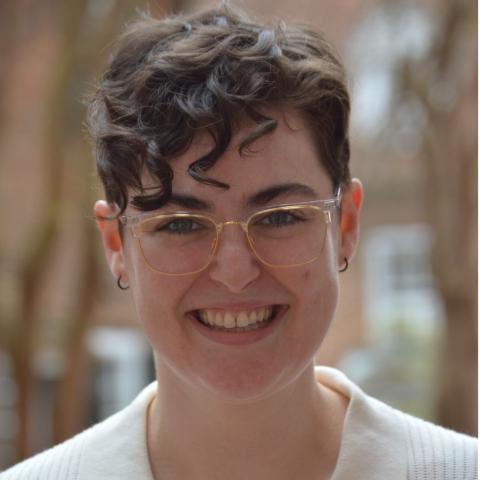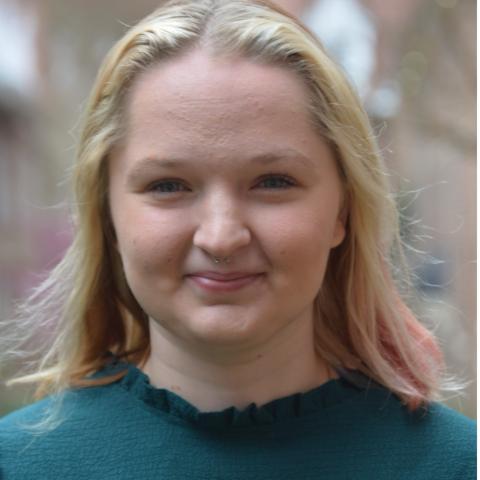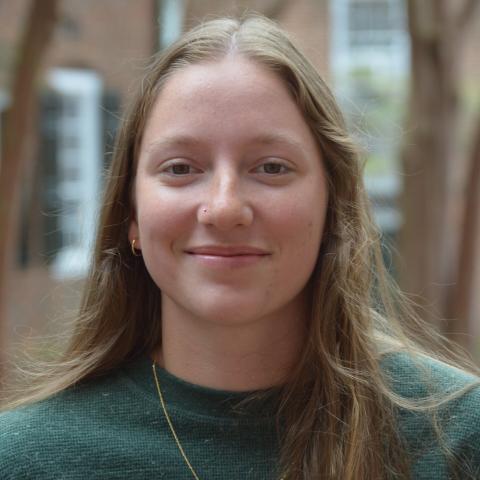


The opioid crisis has had a major effect on our society. This overall public health emergency has led to addiction, overdose, and misuse in our communities worldwide. The distribution of opioids in our healthcare facilities, addiction, and misuse of the drug have skyrocketed. Within these two dates, the 2012 presidential election led to notable dialogues surrounding the opioid epidemic. This research project investigates how policy variations impact the epidemic's trajectory. By comparing geographic regions and how they have handled the crisis, this study provides a view into which policies have been most effective in reducing overdose deaths and improving access to treatment. The opioid crisis has caused a major downfall in our society, and there is an alarming need for change. By taking a diverse approach towards these waves of issues, individuals struggling with addiction need better access to treatment and desired rehabilitation, rather than forced. Needle exchange and other harm reduction-focused programs are in effect but an expansion of these resources should be put into development. Educating communities on the severity of opioids, fentanyl, and heroin is essential for individuals to understand how heavy this crisis is, and illustrates what actions we have to take to decrease the severity of this issue. There is an urgent need for action, more than what is already being done. With continued trials and tribulations, we as a society can surpass this lethal epidemic, and reach for the efficiency of change.
Nikki Almengual is a soon to be graduate of Salem College. They study Sociology and Criminology and are especially passionate about alternative methods to the traditional, punitive criminal justice system. Nikki is employed with Triad Restorative Justice, affecting restorative justice work in the juvenile court and school systems.
Alison Ketchie is pursuing three Bachelor of Arts Degrees at Salem College in Public Health, Health Advocacy and Humanitarian Systems, and Sociology with a concentration in Criminology. She has been recognized on the Dean’s List multiple times, received the Salem Scholar full academic scholarship, and earned awards such as the Program Prize in Public Health and the Clark Thomson Community Service Award. Alison has completed several internships, including work with Triad Restorative Justice and Forsyth County’s Opioid and Substance Use Team, where she contributed to community-based efforts in substance use recovery and stigma reduction. In addition to her academic and professional pursuits, Alison holds leadership roles as President of Mortar Board Honors Society, Judicial Council Chair on SGA, and is the co-curator of the Engaging Ethics Art Exhibit.
McKenzie Tullock is currently a junior at Salem College, with plans to graduate in May 2026. As a student-athlete, she plays for the college's volleyball team. McKenzie is pursuing a double major in English and Writing Studies with a concentration in Professional Writing and Communication and Media Studies.